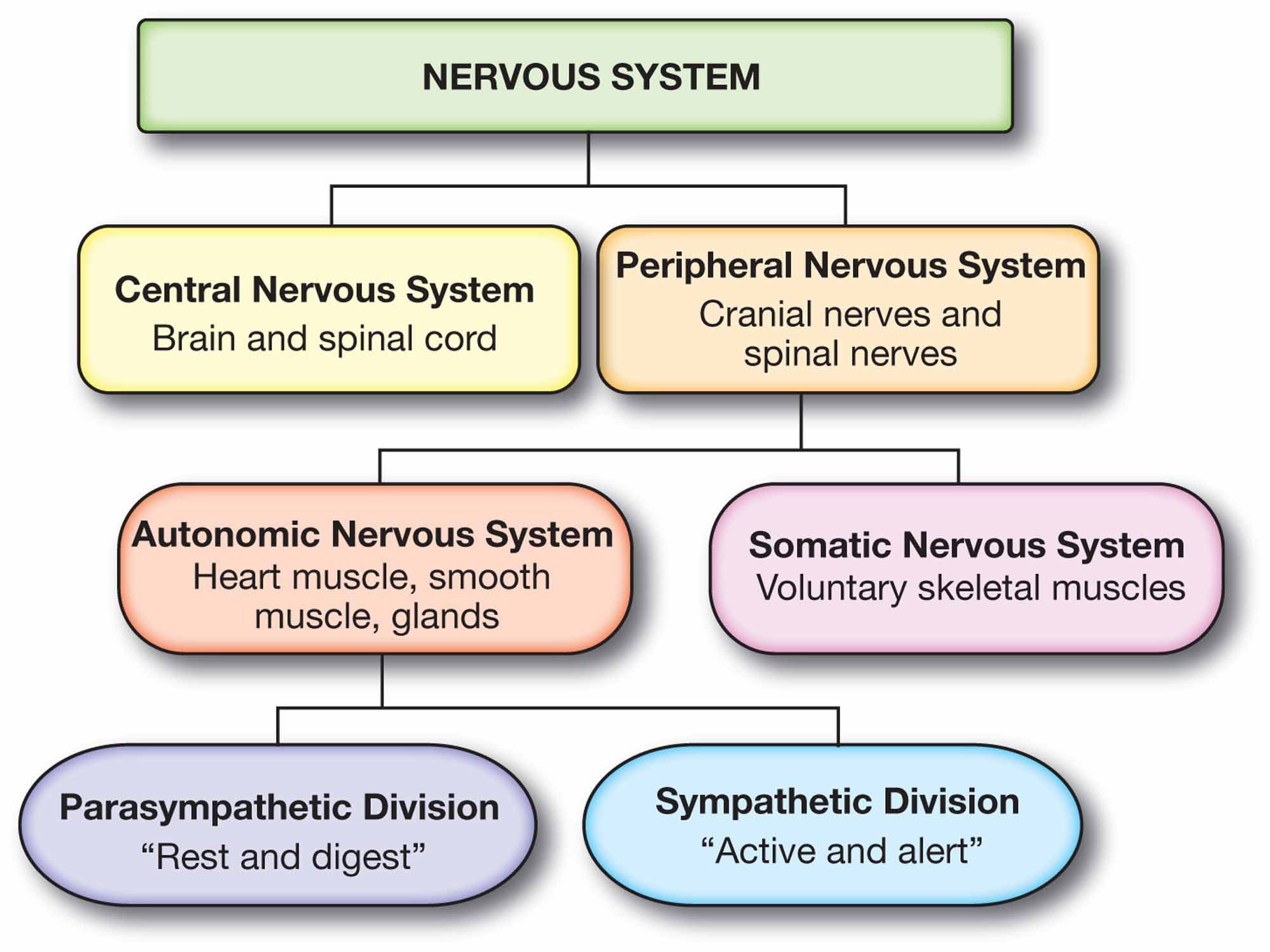
How Your Nervous System Shapes Performance, Recovery & Stress — Train the Brain-Body Connection
The System Behind Everything
You can see your muscles, you can feel your heartbeat — but what you can’t see is the network that controls it all: the nervous system.
It’s the body’s electrical grid, transmitting signals that control every move, heartbeat, and thought. Without it, no muscle could contract, no breath could be taken, and no emotion could be felt.
Most people think of strength and performance as products of muscle or endurance. But in reality, the nervous system is what drives your performance, focus, and recovery. Whether you’re training in the gym, competing, or simply managing stress, your body follows the messages coming from this powerful system.
How It Works
The nervous system is made up of three main parts:
Central Nervous System (CNS): the brain and spinal cord — your control center.
Peripheral Nervous System (PNS): the communication network sending messages between brain and body.
Autonomic Nervous System (ANS): the automatic part that regulates heart rate, breathing, digestion, and stress responses.
The ANS constantly moves between two states:
Sympathetic (Fight or Flight): Activates energy and alertness.
Parasympathetic (Rest and Recover): Calms the body, promotes healing and digestion.
The ideal is balance — enough activation to perform, and enough recovery to rebuild. When that balance is off, the whole system suffers.
What Science Says
Modern research confirms how deeply the nervous system influences our overall health.
A 2024 study in Nature (Jin et al.) revealed a direct brain–body circuit that regulates inflammation and metabolism. This means your nervous system doesn’t just control movement — it also dictates how your body heals, burns energy, and responds to stress.
Other studies show that regular physical activity improves autonomic balance, reduces inflammation, and supports mental health. On the flip side, chronic stress, poor sleep, and bad nutrition can disrupt nerve signaling, leading to fatigue, slower recovery, and decreased focus.
In short: your nervous system determines how well your body performs and adapts — not just your muscles.
Keeping Your Nervous System in Top Shape
1. Train Smart
Exercise strengthens both body and mind, but overtraining can do the opposite.
Use variety — combine strength, mobility, and cardio training.
Alternate intense days with lighter sessions. This keeps the nervous system responsive rather than overloaded.
A 2024 meta-analysis in Frontiers in Neuroscience found that regular, balanced exercise improves vagal tone — the measure of parasympathetic activity — leading to better recovery and lower stress levels.
2. Prioritize Sleep
Sleep isn’t just rest — it’s a reset for your nervous system.
During deep sleep, the brain clears toxins, rebuilds neural connections, and restores balance between sympathetic and parasympathetic activity.
Aim for 7–8 hours per night, with a consistent schedule.
Poor sleep instantly reduces coordination, focus, and reaction time — all signs of a tired nervous system.
3. Manage Stress
Short-term stress can make you sharper and stronger.
But chronic stress keeps your body in “fight mode” — high heart rate, tension, fatigue, and low recovery.
Simple daily practices help rebalance your system:
Deep breathing or short meditation (5–10 minutes).
Gentle walks outdoors.
Taking real rest days, without screens or caffeine overload.
These activate the parasympathetic system, lowering cortisol and helping your body repair itself.
4. Eat for Neural Health
What you eat directly affects your nerves and mood.
Your gut communicates with your brain through the vagus nerve, forming what scientists call the “gut–brain axis.”
Support this connection by eating:
Omega-3 rich foods (salmon, chia seeds, walnuts).
Antioxidants (berries, dark chocolate, leafy greens).
Enough magnesium and B-vitamins for nerve transmission.
Avoid highly processed foods and excess sugar — they increase inflammation, which interferes with nerve signals and recovery.
- 5. Recover with Intention⁸
Don’t underestimate downtime.
Active recovery — light movement, stretching, or mobility work — keeps your nervous system flexible.
Time in nature, hydration, and quiet reflection are just as important as lifting or sprinting.
Recovery isn’t laziness; it’s training your nervous system to stay adaptable.
The Bigger Picture
Your nervous system is the master controller — it decides how fast you react, how quickly you recover, and how clearly you think.
You can’t “see” it like a muscle, but you can feel when it’s out of sync: fatigue, irritability, or that sense of being “drained.”
By training smart, managing stress, and giving your body proper recovery, you build not just physical strength — but neural strength.
A strong nervous system means a body that responds faster, adapts better, and performs at its highest potential.
Strong body. Clear mind. Balanced system.
That’s the foundation of real performance the TK FITREFECT way.
Written by Ivan Marinov
Personal Trainer | Athletic Coach


